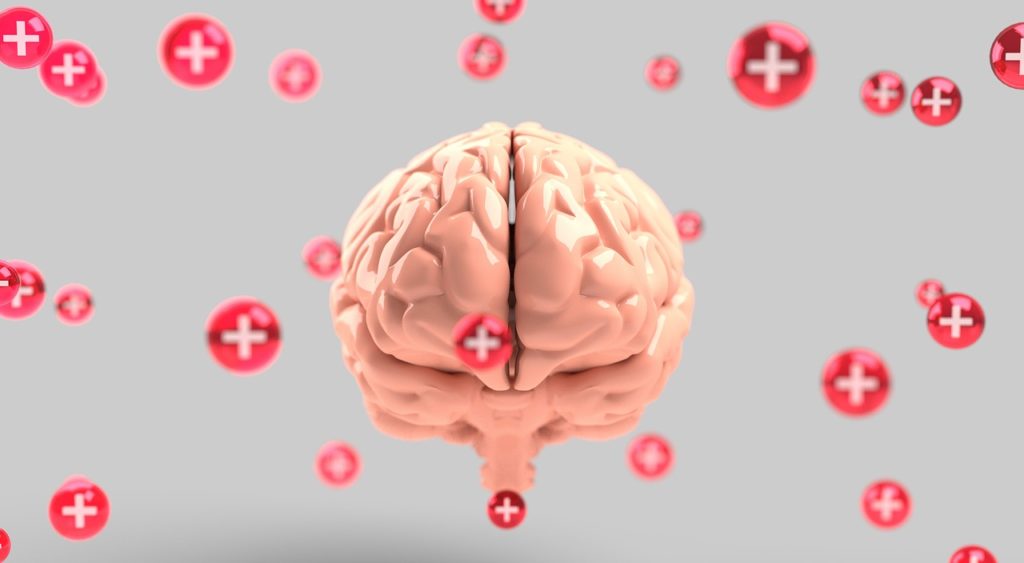News
The Most Important Things You Need To Know After a Concussion

If you or someone you know recently had a concussion, your head is undoubtedly swirling with questions and concerns. Not only is there the issue of what to do immediately to ensure the best recovery or prevent complications, but then you have to manage your normal life with school or work.
Well, don’t worry because today we are going to talk about the most important things you should know after a concussion.
Don’t Freak Out
Of course, any brain injury is a serious injury and the recent concerns about concussions in sports might have you worrying about the long-term effects of a concussion. The good news is that concussions are a common injury and are the most mild form of brain injury. In isolation, most concussions resolve with little to no lasting effects within a couple of weeks. Even if it takes you a little longer to recover, there’s little need to worry. It is not unheard of for a concussion to take a month or longer to recover from.
See a Doctor Who Knows Concussions
After a concussion, most people visit one of two types of medical professionals. They either go to the emergency room or their primary physician. Unfortunately, these may not always be the best place to go. While some family care doctors or emergency physicians may be up to date on the latest understandings of concussions and best guidelines for recovery, that is not always the case.
To make sure you are getting the best care for your injury possible, The Headway Foundation recommends asking a few questions:
- What is the background of the doctors?
- Does the clinic offer a multidisciplinary team?
- How many concussion patients does the clinic see?
- Do they have “return to learn” and “return to play” protocols?
- Does the clinic have positive reviews from previous patients?
- Does the clinic recommend exercise therapy as part of recovery?
- Does the clinic have experience with Post-Concussion Syndrome?
- Will the doctor assess the patient’s ocular-motor system, vestibular system, and neuropsychology?
Start With Rest
In the first few days after a concussion, it is absolutely essential that the brain is allowed to rest and recover. That means no school, work, sports, or other strenuous activities. Studies have shown that neglecting to take the time out to let your brain start the recovery process can lead to a longer and more complicated recovery. It may also contribute to more severe symptoms and could put you at risk for another injury while your brain is vulnerable.
Notify Your School or Employer
Once you’ve been officially diagnosed with a concussion, it is important to notify your work or school. Not only will they need to know that you will be away for a few days or longer, but they may also be able to help you create a plan for gradually returning to activity. Recent research suggests that a progressive return to activity may be best for ensuring a swift recovery, rather than avoiding all activity until all symptoms have subsided.
Eat Well
Due to being unable to do strenuous activity and experiencing nausea, it may be tempting to avoid eating much after a concussion. However, it is essential that your body is getting the nutrients it needs to fuel the recovery process. For at least the first few days after your injury, ask someone close to you, such as family or friends, to help prepare your food to ensure you are getting the nutrients you need.
Cerebrum Health Centers specifically suggests eating a few protein- and nutrient-rich foods such as:
- Eggs
- Fish
- Lean Meats
- Nuts
- Veggies
Additionally, you should avoid drinking alcohol after a concussion. Alcohol use on its own increases your risk for a head injury, and there is evidence to suggest concussions can lower your alcohol tolerance. It is also believed alcohol use may slow overall recovery.
Gradually Return To Activity
As I stated earlier, the latest research suggests that the best practice for recovering from a concussion is to gradually return to your normal lifestyle. Rather than returning full-time, a progressive return to activity allows you to rebuild stamina while taking breaks when you need to. You might notice that some activities trigger specific symptoms such as headaches or nausea. Don’t push yourself too hard and listen to your body.
Concerned about severe symptoms after a concussion or worried that your recovery is taking longer than normal? Give NRI a call at (888) 298-HOPE (888 298-4673). We can answer any questions you have and discuss if a rehabilitation program is right for you.



